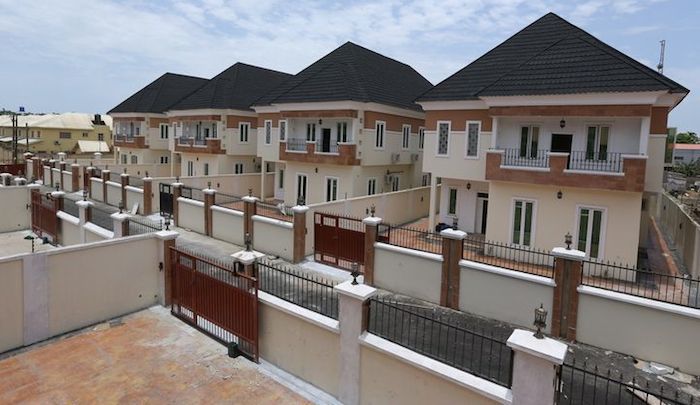Director-General of the Oyo State Agribusiness Development Agency (OYSADA) and Executive Adviser to Governor Seyi Makinde on agribusiness and international cooperation, Dr Debo Akande, Wednesday, hinted that the state government has attracted about N46.6 billion investments into the state through agribusiness.
Dr Akande dropped this hint at the Omituntun 2.0 Inter-Ministerial Briefing held at the governor’s office briefing room, secretariat, Agodi, Ibadan,
The OYSADA DG pointed out that Oyo state has been able to achieve its deliverables in the agriculture and agribusiness sector, including international development resources mobilisation, development of agriculture enablers such as industrial hubs, roads, rural security as well as policy and legal instruments.
According to Dr Akande, Makinde’s vision to expand the state’s economy through agribusiness has been a success with the state having accessed close to $170million in agribusiness and international development funds, while about 14 large processing companies have also come into the agribusiness space in the state.
“Fourteen new agribusinesses are in Fasola, with some of them into crop production, some are into processing, while one is into equipment leasing. As of today, 950 hectares of farmland have been cultivated. If you go to Fasola now, you can only use drones to see the cultivation of crops as of today, and these are just done by four companies”, he said.
The OYSADA DG stressed that the state has equally been able to achieve its vision of supporting small holder farmers, growing medium agribusinesses to large businesses, supporting youths and women in agriculture, opening a new frontier in value addition and also increasing livestock productivity and its value chain.
“Also, a commercial-scale production of greenhouse tomatoes is ongoing there and the tomatoes coming out of the place are already being supplied to retail shops and markets.
I buy my tomatoes at Fasola now.
Speaking further, Dr Akande said “This particular model we have in Fasola shows that as far as we are concerned, it may not be enough for the whole of the state as we have to expand through the use of the private sector, but this has proven to be the right model. We can have tomatoes all year round and the idea is that it is coming from here, not elsewhere.














